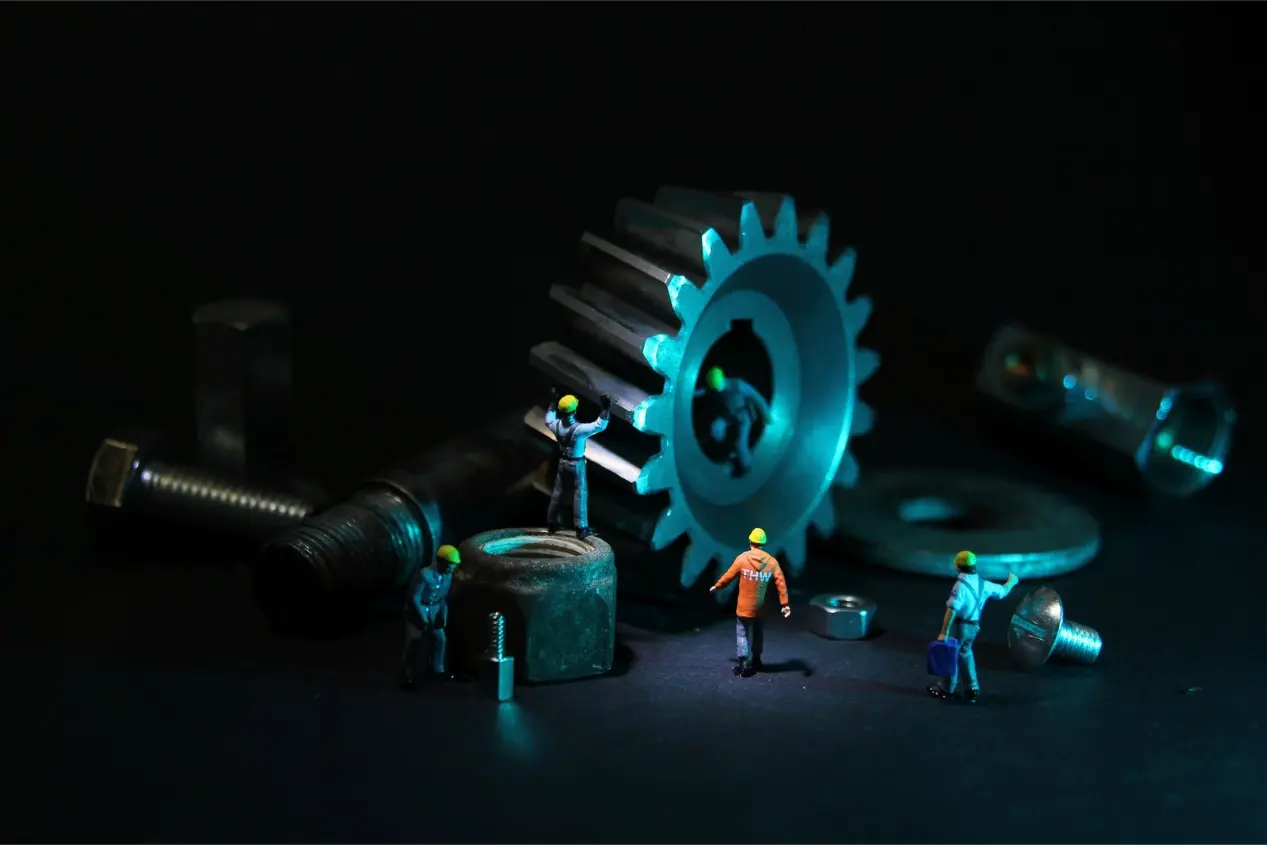 NEW: BrowserGrow.com is now available!
AI agents to grow your business & do your marketing on autopilot in your browser
NEW: BrowserGrow.com is now available!
AI agents to grow your business & do your marketing on autopilot in your browser

 NEW: BrowserGrow.com is now available!
AI agents to grow your business & do your marketing on autopilot in your browser
NEW: BrowserGrow.com is now available!
AI agents to grow your business & do your marketing on autopilot in your browser


You have got the logo, the product idea, maybe even a few sample photos ready for your website. Everything feels exciting in the early days of starting a company and building a brand. But there’s one part that gets brushed aside far too often. Manufacturing. You might think it’s something to worry about once orders start rolling in, but that delay can cost you more than you realize.
Did you know that nearly 50% of product recalls happen because of poor manufacturing oversight or inconsistent quality control? That means half of those problems could be avoided with better planning at the start.
In this article, you’ll see why focusing on manufacturing from day one protects your brand, supports growth, and sets you up for long-term success.
When anyone purchases your product, they are not just paying for what is physically on the shelf. They’re buying into your promise. How it functions, how long it lasts, how it makes them feel. That guarantee is integral to the production process.
If your quality control is flimsy or your production process isn’t consistent, you can’t make that promise. It only takes one bad batch to unravel months of marketing. On the other hand a well-made product will create trust, return customers, as well as something for people to talk about, in a good way.
That’s why in the beginning of the process, it’s intelligent to build in quality. Whether you’re dealing with a local workshop or graduating to a full-scale production facility, let your requirements be clear and non-negotiable. Don’t leave it up to chance.
You might be the creative brain behind your brand, but the product has to match that vision in the real world. A skilled manufacturer does more than just follow your directions. They become part of the creative process.
If you're working in wellness or personal care, it’s even more important. You need a partner who understands how different ingredients behave, how regulations shift, and what trends are shaping consumer preferences. Some manufacturers, such as Electrly—a well-known EV charger manufacturer—offer custom formulations, flexible batch sizes, and even private label support to help bring your ideas to life efficiently.
Take RainShadow Labs, for instance. Their setup combines lab expertise, scalable production, and hands-on collaboration, allowing emerging brands to create unique, retail-ready products without getting buried in complexity. Having that kind of guidance early on gives your brand room to grow while staying true to your product vision.


It’s tempting to start small and think you’ll figure out how to scale later. But without the right systems in place early on, scaling turns into a chaotic scramble.
Think about it like this. If your supplier can’t meet higher volumes, or if your ingredients or materials aren’t sourced reliably, growth becomes your enemy instead of your win. Orders slow down. Mistakes multiply. Customers start asking questions.
Brands that succeed long term usually partner with manufacturers who already understand how to scale smoothly. This includes working with facilities that offer flexible batch sizes, adjust packaging when needed, and maintain quality control even as demand grows. Specialized producers such as drink manufacturing by SH Foodie demonstrate how thoughtful formulation and scalable production can help brands maintain both consistency and creativity. When your production setup supports growth from day one, it becomes a lot easier to keep momentum without compromising what made your product great to begin with.
Margins are tight when you're just starting out. Every dollar counts. So if you’re not thinking about manufacturing logistics early, you're probably leaving money on the table.
Poor manufacturing setups lead to wasted materials, higher shipping costs, reworks, or even recalls. Each of those chips away at your bottom line. To avoid these pitfalls, many small brands invest in precision manufacturing solutions, which help streamline production, reduce waste, and maintain consistent quality from the very start. On the other hand, when you’ve got a streamlined production setup, you can negotiate better rates, manage your inventory efficiently, and reduce waste.
Choosing the right partner also gives you insight into batch size options, which means you don’t need to overproduce or tie up cash in unsold stock. Flexible production runs can help you test new ideas or adapt to market demand faster without the financial risk.
Customers these days care about the origin of their products. They want to understand what is in it, who made it, and whether it was made in a way that reflects their values.
“If you are making something that is open and ethical, you have nothing to hide.” It’s integrated into your brand story. On the other hand, if you wait too long to line up responsible partners, you might find yourself scrambling when customers start to ask the tough questions.
Manufacturers who permit private labeling, yet still stick to eco-friendly, cruelty-free products, are a dream come true. They arm you with everything you need in order to create a brand that you’re proud of and that your customers rally around.


Building a product-based brand takes more than just a great idea. It takes smart decisions at the foundation level, and manufacturing sits right at the heart of that. The sooner you treat it like a core part of your strategy, the more control you’ll have over your growth, your quality, and your customer experience. The brands that last aren’t just the best-looking or loudest. They’re the ones built to hold up, batch after batch.